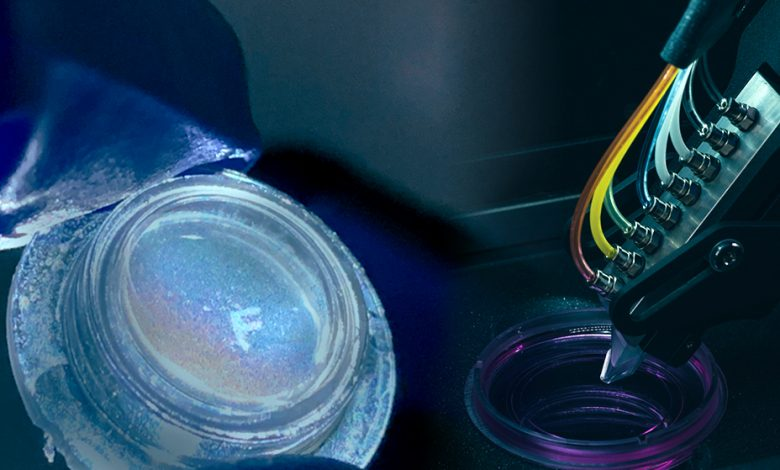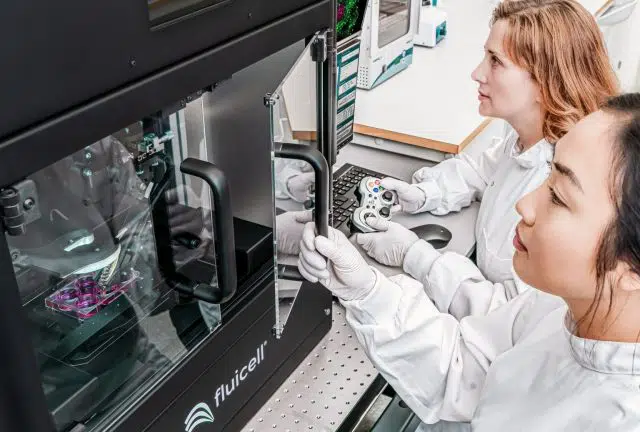Fluicell, a Sweden-based bioprinting startup founded in 2012 as a spin-out of the Chalmers University of Technology, has undertaken research to develop medicinal products for treating type 1 diabetes. The project, which recently achieved a significant milestone, is based on biocomposite tissues generated by Fluicell’s Biopixlar system.
As of today, there is no known cure for type 1 diabetes. The chronic autoimmune disease, which causes the body’s immune system to break down insulin-producing beta cells in the pancreas, is primarily treated with insulin injections. This type of therapy, while mostly effective, has its own challenges, including properly timed administration and accessibility. In its research, Fluicell is seeking to develop an alternative diabetes therapy that uses transplantable biocomposites to effectively mimic the pancreatic function by producing insulin.

The project, which is being led by Fluicell Chief Scientific Officer Dr. Tatsiana Lobovkina, has already marked an exciting milestone with the successful bioprinting of these biocomposites. More than that, the biocomposites have demonstrated the ability to release insulin as a function of glucose stimulation. This, as the company explains, is a vital indicator of the project’s potential for ultimately developing a therapy for type 1 diabetes.
Manufacturing on Demand
“We have obtained very promising results in our development of insulin-producing biocomposites that harness Biopixlar’s strength to create detailed biological tissues with programmable function and I want to thank the entire R&D team for their great work,” said Dr. Lobovkina. “With Biopixlar, we can choose one or more cell types, including insulin-producing beta cells, and have control over their location and the histology of the resulting tissue. This is of crucial importance when it comes to both the function and longevity of the transplantable biocomposite. We see great potential in creating new tissue-based products for the treatment of diabetes as we move forward in the development work.”
Though the research project is still in its early development phase, the highly promising results of Fluicell’s work at this stage suggest that the concept for the diabetes treatment is sound. As such, the team will continue advancing its work towards the preclinical phase. Fluicell will also be presenting its progress at international science meetings and in scientific publications.
Critical to the project’s success so far is the Biopixlar bioprinter. Launched by Fluicell in late 2019, the machine combines high-resolution 2D and 3D bioprinting capabilities. Based on microfluidic technology, the bioprinter is suitable for a range of research applications, including drug development, disease understanding and regenerative medicine research.
Notably, Fluicell has been working to advance a number of other biocomposite-based research projects with the aim of developing treatments and therapies for eye diseases (including macular degeneration) and heart failure caused by tissue damage.
* This article is reprinted from 3D Printing Media Network. If you are involved in infringement, please contact us to delete it.
Author: Tess Boissonneault


Leave A Comment